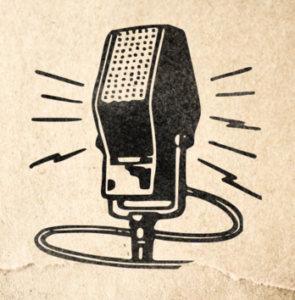Live Audio Day 2: USAID v. Alliance for Open Society International

For just the second time in its history, the Supreme Court livestreamed audio of oral arguments today in the case of 19-177, USAID V. Alliance for Open Society International. The live audio stream provided by the Court was made available to the public by C-SPAN, NPR, CNN and other news outlets.
The case concerns a congressional requirement that organizations receiving USAID grants to combat HIV/AIDS “have a policy explicitly opposing prostitution and sex trafficking.” The organizations believe that the requirement damages their ability work with sex workers in the fight against HIV/AIDS. In 2013, the Supreme Court ruled that the policy violated domestic organization’s First Amendment right to free speech by compelling a specific viewpoint. At issue today was USAID’s current policy of applying the requirement to international affiliates of organizations. As she had done in the previous iteration of this case, Justice Kagan recused herself, likely because of her work in the Justice Department before her nomination to the Supreme Court.
The fact that today’s argument was livestreamed to the public, garnering many times more viewers than the few members of the public typically allowed in the building, did not have a substantial effect on the proceedings. Perhaps the only notable change was a slight increase in politeness on the part of the justices. When interrupting attorneys to get to the heart of their questions, justices appeared more likely than usual to take a moment to apologize.
If live audio is indeed responsible for this change in demeanor, increased collegiality and comity can hardly be considered a negative consequence of increased transparency.
Like yesterday, today’s argument featured no major technological difficulties. For a brief moment, Justice Sotomayor appeared to leave herself on mute during her questioning time. There was also momentary confusion when the respondent’s attorney thought Justice Ginsburg had finished her question and began answering only to find himself speaking over the justice. Those two slip-ups were likely due to unfamiliar technology. But otherwise, the fact that the proceedings were conducted virtually appeared to have no major effect on the litigants or justices.
Live audio at the Supreme Court continues tomorrow with two arguments, first the aggregated 19-431, Little Sisters of the Poor v. Pennsylvania, and 19-454, Trump v. Pennsylvania, concerning contraception access and then 19-631, Barr v. American Association of Political Consultants, a case concerning the federal prohibition on robocalls to cell phones.
Links to the live audio stream and argument previews for the cases tomorrow as well as next week’s cases are available here.